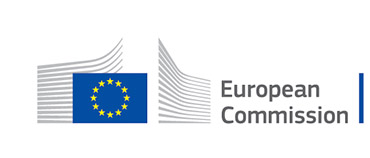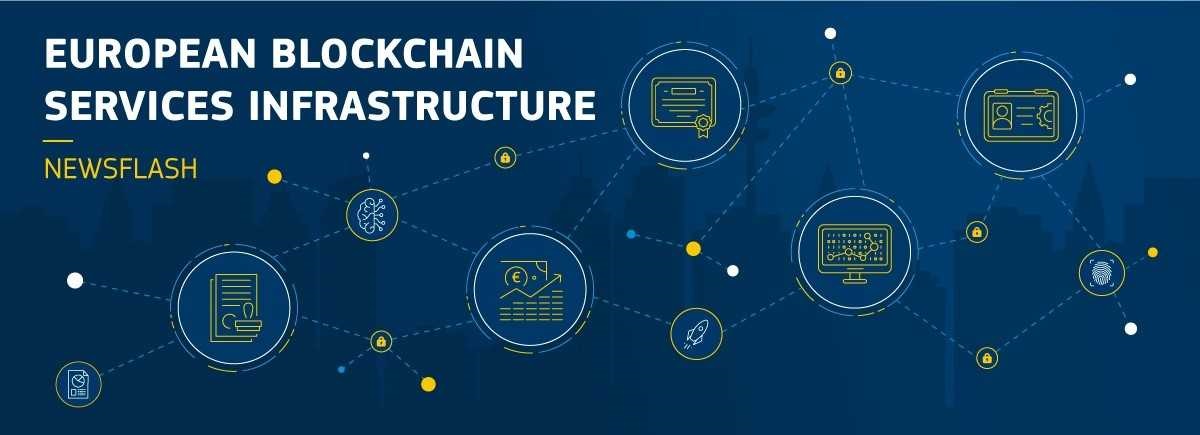The use of Block
Over the past years, cryptocurrency as a form of payment has spread all over the world. The number of cryptocurrencies worldwide has from 66 in 2013 to over 7000 in November 2021. There has been a rise of donations in cryptocurrencies in the philanthropic and the non-profit sector as well.
GivingTuesday is an important day in the charity world. This global generosity movement incites people to give back in whatever they can to the community. During this year's , for example, there was a The #CryptoGivingTuesday initiative raised over in cryptocurrencies.
. Lack of public trust in the accountability and transparency of charities has been one of the burning issues in the philanthropy sector. One of the major questions a donor is asking before allocating his or her fund is "where will my money end up in the end
B can be an answer to this questi renew public trust in charities by enabling benefactors to track the donation life-cycle. the transparent and immutable nature of the underlying blockchain technology, it allows the donor to track transactions on the ledger at any moment.
Going a step further, a British startup built a pilot leveraging the use of smart contracts. The smart contracts can freeze donations until charitable organisations demonstrate a concrete result that is verified and confirmed by an independent third party. If the donation did not reach its goal, the money would be returned.
it has a big potential to positively contribute to the philanthropy sector by bringing more transparency and by serving as a means of donati





